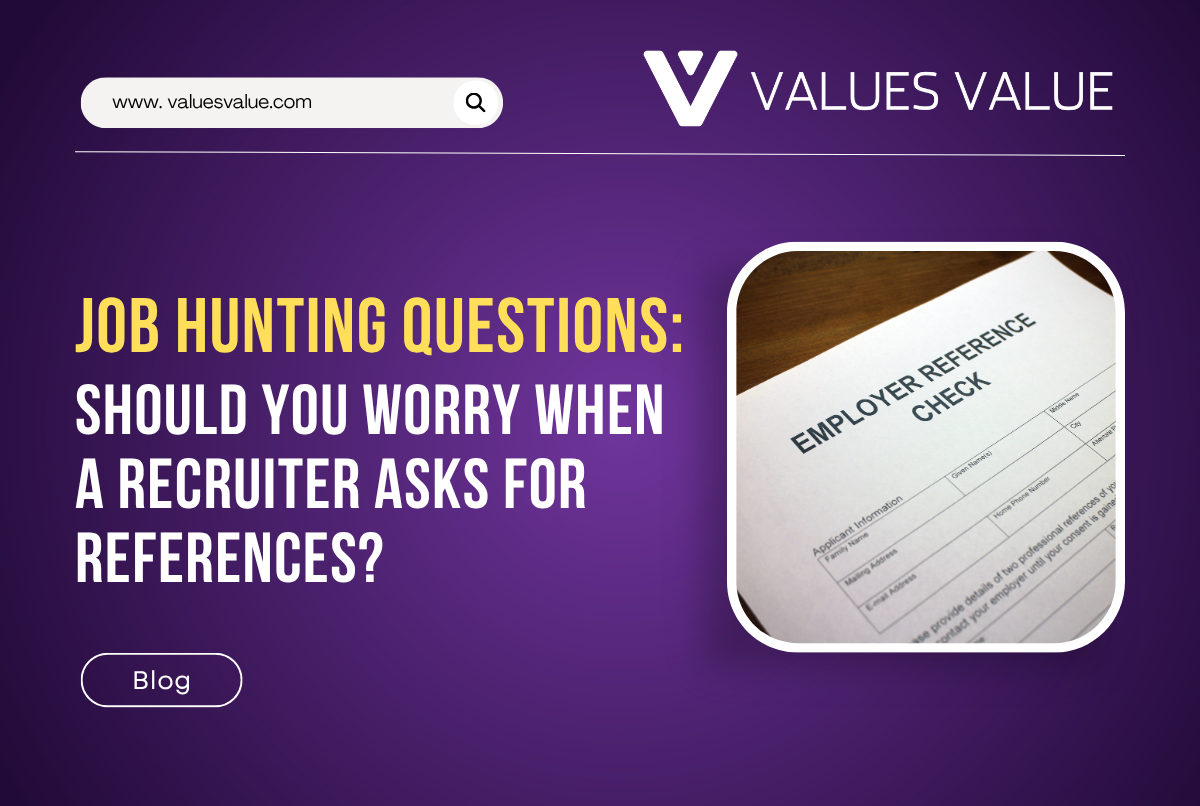
If a recruiter tells you that the company wants to check your references from previous jobs, your first reaction might be anxiety. But take a breath — this is often a positive sign.
Why Companies Ask for References
Requesting references is a common and usually encouraging step in the hiring process. It typically means:
- You’re a top candidate. Most companies don’t spend time checking references unless they’re seriously considering making you an offer.
- They want to reduce hiring risk. References help verify your skills, attitude, and how you collaborate with others.
- It’s standard policy. Some employers request references for all final-stage applicants, especially for leadership or sensitive roles.
When to Be Cautious
There’s usually no need to worry — unless:
- You’ve stretched the truth on your résumé, and a reference might contradict your story.
- You left a previous job under difficult circumstances, and you’re unsure what former colleagues might say.
- You don’t know who they plan to contact. Occasionally, hiring managers might reach out to mutual connections or former colleagues via LinkedIn, even without your input.
What You Can Do
To stay in control of the process:
- Ask the recruiter who they’d like to speak to and how references will be used — this is a reasonable and professional question.
- Offer your own references — ideally, people who genuinely respected your work and can speak to your strengths.
- If there was tension at a previous job, brief the recruiter in advance. Give context so your side of the story is clear.
A reference check is not a red flag — it’s a step closer to an offer. Be prepared, be honest, and remember: great references can seal the deal.
Want help assessing a job opportunity? Our team is always happy to take a look. Just reach out — talent@valuesvalue.com.
